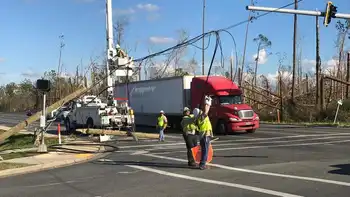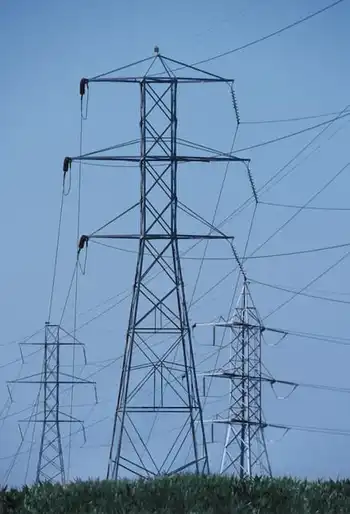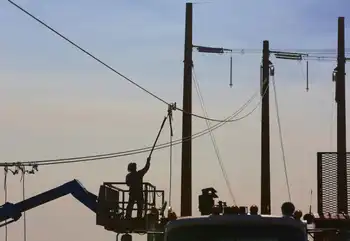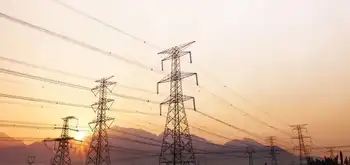Vattenfall to buy woodchips from Liberia
STOCKHOLM, SWEDEN - Swedish utility company Vattenfall AB has agreed to buy 1 million tons of woodchips sourced from Liberian rubber trees in a fiveyear agreement.
The first delivery is expected to take place this summer, and Vattenfalls initial order is worth 50 million euros US $67.8 million. The agreement was made through the McCall MacBain Foundation, a Genevabased foundation founded by Canadian advertising baron John McCall MacBain, which has made substantial grants and contributions to further Liberian development since 2007.
Vattenfall is looking to lock in supplies of biomass to reduce greenhouse gas emissions from the companys European power plants in the lead up to anticipated tougher emission standards.
The company has estimated that it will need between 7 million and 8 million tons per year of biomass by 2020 to reach the target of a 40 reduction in hardcoal usage. Vattenfall has sourced woodchips from Russia and the Baltic States that are primarily pine, but has expressed that the woodchips from the Liberian rubber trees will be more efficient. The agreement with McCall MacBain is the largest woodchip deal that Vattenfall has negotiated to date.
Liberian rubber trees have a shorter growth cycle than the pine traditionally used for woodchips, and the chips have a lowermoisture content than pine. In addition, land costs in Liberia are lower, resulting in higher costeffectiveness.
John McCall MacBain built up one of the worlds largest classified advertising empires, Trader Classified Media, which was listed on the NASDAQ exchange in March 2000. The company owned websites and newspapers in more than 20 countries before McCall MacBain sold it for more than $2 billion in 2006 to the Yellow Pages Group.
After the sale of Trader Classified Media, McCall MacBain and his wife Marcy formed the McCall MacBain Foundation and Pamoja Capital SA. Pamoja translates to togetherness in Swahili. Pamoja manages the McCall MacBain Foundation investments.
Pamoja invested more than $100 million to develop the production of biomass in Liberia through a company called Buchanan Renewables BV. Buchanan has the overall aim of creating wealth from projects that are environmentally sound and will lead to a reduction of greenhouse gases.
Buchanan works with rubber tree plantation owners in Liberia to clear old, unproductive rubber trees and replant with new stock. The cleared trees are then used for the production of highquality, lowmoisture woodchips. Current production levels are about 400,000 tons of woodchips per year, but McCall MacBain estimates that with further investments, Liberia has the potential to provide between 2 million and 3 million tons of woodchips every year.
Pamoja invests globally in a range of sectors, including life sciences, education, renewable energy and natural resources. The members of the team are drawn from a wide range of industries and locations across the globe.
Related News

Crews have restored power to more than 32,000 Gulf Power customers
ESCAMBIA COUNTY, FLA. - Less than 24 hours ago, Hurricane Micheal devastated the residents in the Florida Panhandle with its heavy winds, rainfall and storm surge.
Gulf Power crews worked quickly through the night to restore power to their customers.
Linemen crews were dispatched from numerous of cities all over the U. S. to help those impacted by Hurricane Michael.
According to Jeff Rogers, Gulf Power spokesperson; “This was an unprecedented storm, and our customers will see an unprecedented response from Gulf Power. The destruction we’ve seen so far to this community and our electrical system is devastating — we’re seeing damage across…




